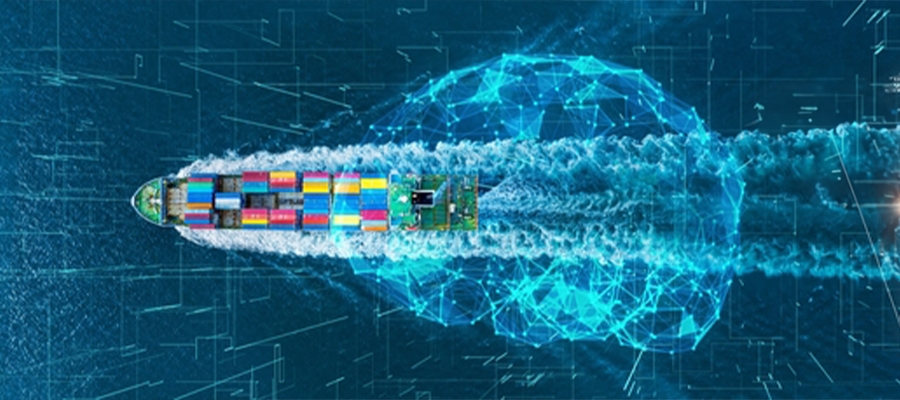Advantages of implementing a periodically watch-free bridge
Lennart Swoboda, Head of Autonomy at Bernhard Schulte, explains the project: “The increasing volume of shipping traffic has led to a rise in complex traffic situations and tight vessel schedules leave only little room for resting and handling of the required administrative tasks. In cases of accidents, human error is frequently a contributing factor. The goal of the project is to develop a periodically watch-free bridge that can remain unmanned for up to eight hours under certain conditions, giving relief to nautical officers and more space to focus on other tasks during this time. So, B ZERO is not about unmanned ships, but a temporarily unmanned bridge to support the crew and make procedures on board more efficient and safer.”
This technology will be made possible through the use of sensors that record the ship’s environment, decision support systems that analyse the data and trigger appropriate responses, and a documentation system that stores the most important information. B ZERO aims to improve safety in the shipping industry by reducing the risk of accidents caused by human error, fatigue or lack of concentration. Once the technology is fully developed, it has the potential to transform the way ships are operated and managed.












